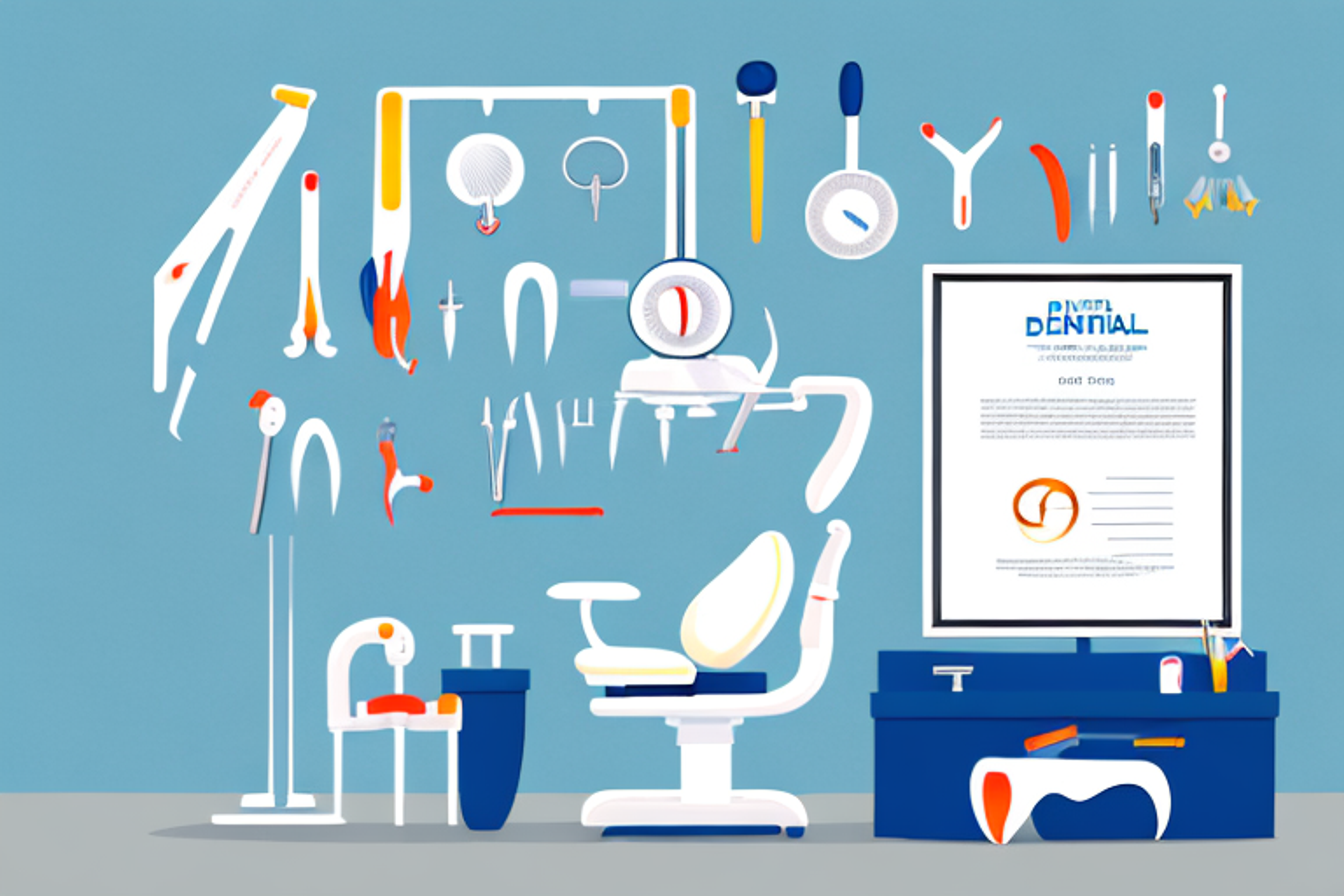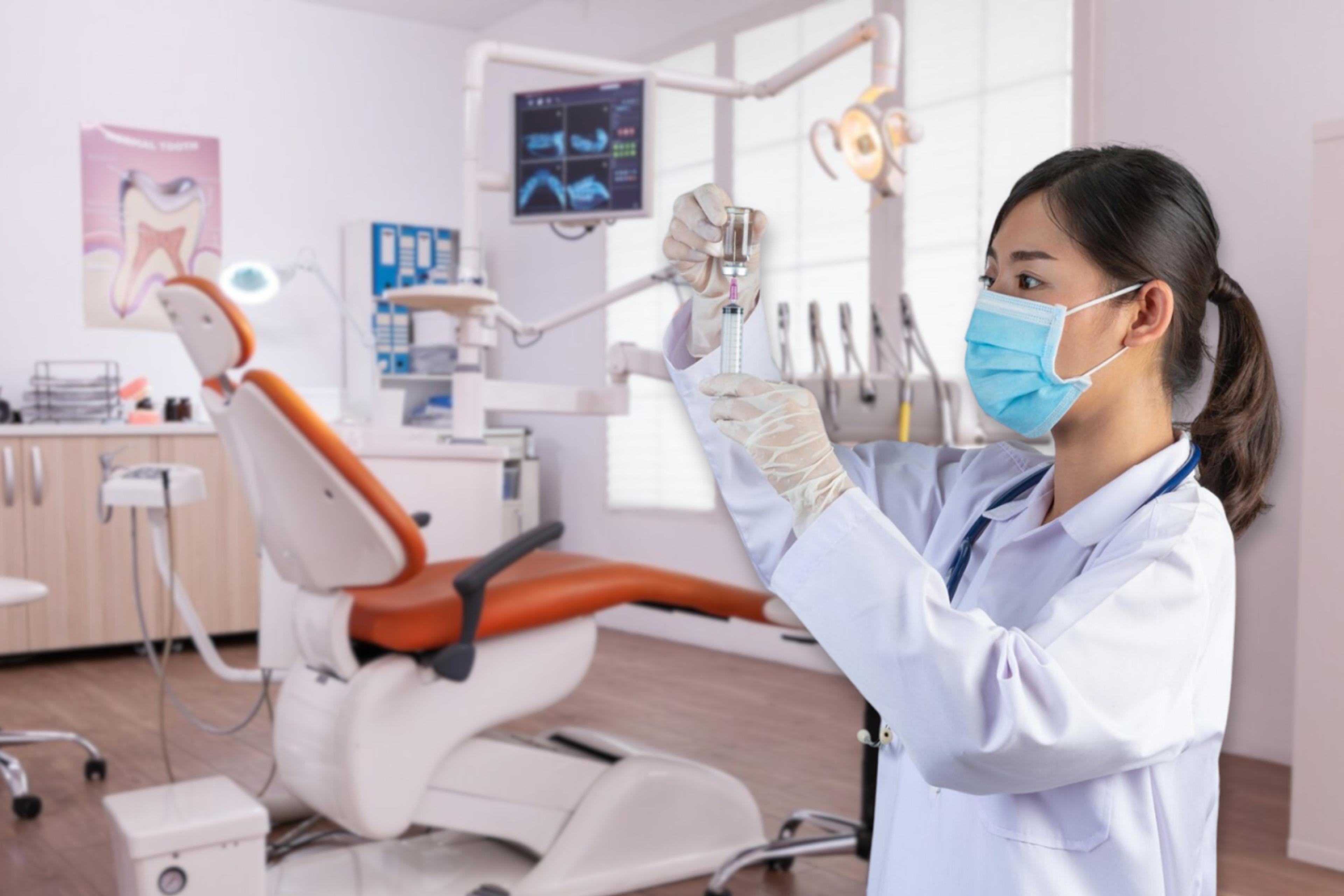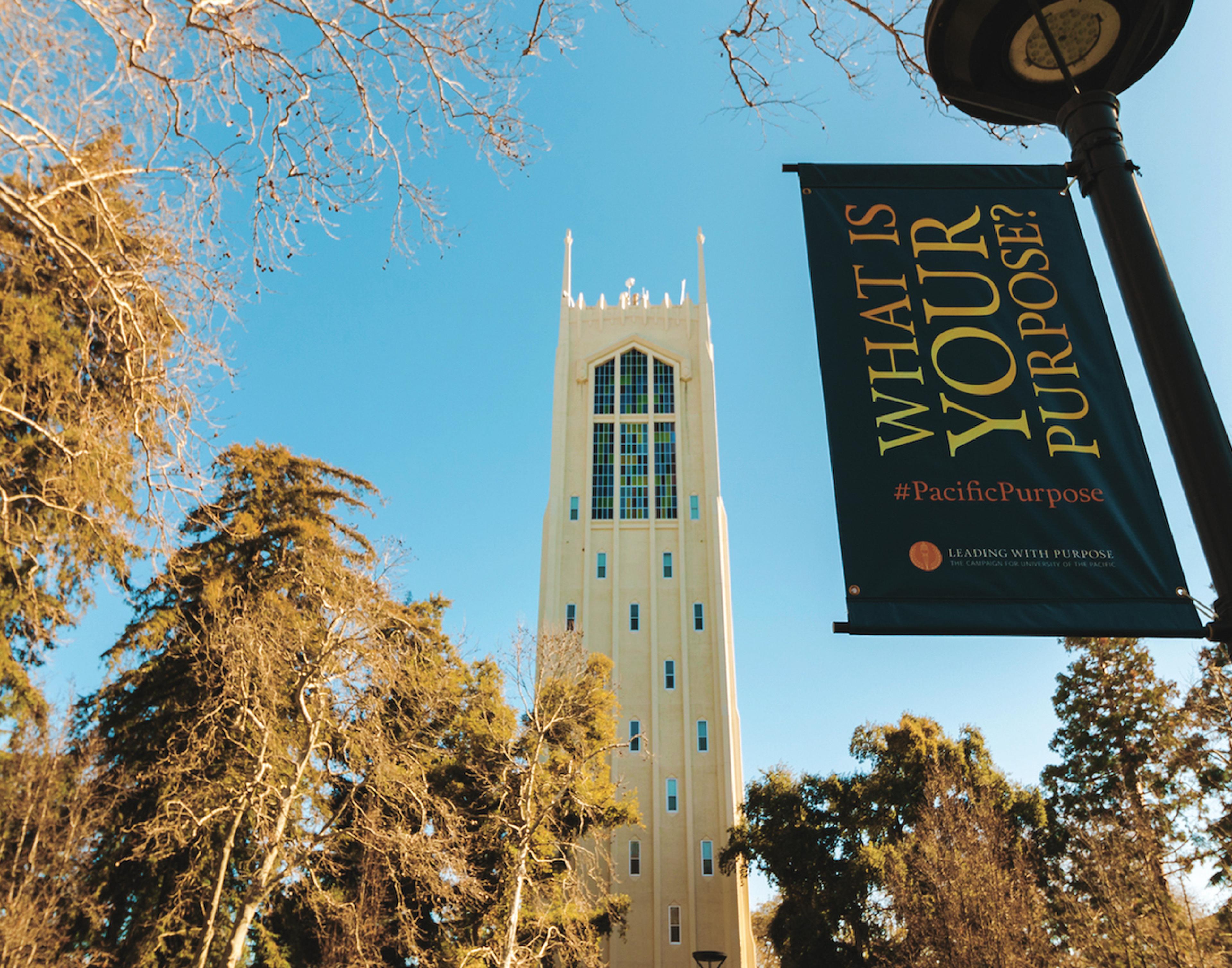How to Nail the University of Pennsylvania School of Dental Medicine Application Interview
Get insider tips on how to ace the University of Pennsylvania School of Dental Medicine application interview.
Posted June 13, 2025

Table of Contents
If you're applying to the University of Pennsylvania School of Dental Medicine, congratulations on taking the first step towards achieving your dream! However, before you can start your journey towards becoming a dentist, you need to ace the interview process. In this article, we'll guide you through everything you need to know to nail the University of Pennsylvania School of Dental Medicine application interview.
Understanding the University of Pennsylvania School of Dental Medicine Interview Process
The University of Pennsylvania School of Dental Medicine interviews applicants as part of its admissions process. The purpose of the interview is to provide the School's Admissions Committee with an opportunity to get to know you better, and to assess whether you are a good fit for their program. The interview process is typically conducted in person, although it may be conducted online for international applicants.
During the interview, you will be asked a variety of questions about your background, experiences, and motivations for pursuing a career in dentistry. It is important to come prepared with thoughtful and honest answers, as well as questions of your own to ask the interviewer. This is your chance to demonstrate your passion for the field and your potential as a future dental professional.
After the interview, the Admissions Committee will review your application, including your academic record, test scores, and letters of recommendation, in addition to their impressions from the interview. The Committee will then make a decision on whether to offer you a place in the program. It is important to note that the interview is just one part of the admissions process, and that your overall application will be considered in making the final decision.
Researching the School's Curriculum and Mission Statement
Before your interview, it's important to research the University of Pennsylvania School of Dental Medicine's curriculum, mission statement, and values. Familiarize yourself with the School's unique features, such as the hands-on clinical experience that it provides to its students, and its commitment to research and community service. This knowledge will help you to understand the School's culture, priorities, and expectations, which you can then use to tailor your answers to the interviewer's questions.
Additionally, it's important to research the School's faculty and their areas of expertise. This will not only demonstrate your interest in the School, but also allow you to ask informed questions during the interview. You can also explore the School's alumni network and their career paths, which can provide valuable insights into the School's reputation and the opportunities available to its graduates.
Preparing for Common Interview Questions and Scenarios
The University of Pennsylvania School of Dental Medicine interview will likely cover a range of topics, including your motivation for pursuing dentistry, your background and experience, and your understanding of the School's values. To prepare for these questions, research common interview questions and practice your answers. Be sure to include concrete examples from your own experiences to demonstrate your skills and abilities.
Another important aspect to consider when preparing for the interview is your body language and communication skills. Practice maintaining eye contact, sitting up straight, and speaking clearly and confidently. It's also important to listen actively to the interviewer's questions and respond thoughtfully.
Additionally, it's a good idea to research the School's mission and values, and think about how your own values align with those of the institution. This can help you demonstrate your fit with the School and show that you are committed to its mission. Finally, don't forget to dress professionally and arrive early to the interview to show that you are organized and respectful of the interviewer's time.
Dressing Appropriately for the Interview and Making a Good Impression
Your appearance is an important factor in making a good first impression on the interviewer. Dress professionally, and ensure that your clothes are clean, pressed, and well-fitted. Men should wear a suit and tie, while women can choose between a suit and a conservative blouse-and-skirt combination. Avoid wearing flashy jewelry, perfume, or cologne, and keep your hairstyle neat and tidy. Remember, the interviewer is evaluating not just your qualifications, but also your professionalism and demeanor.
In addition to dressing appropriately, it's also important to arrive on time for the interview. Plan to arrive at least 10-15 minutes early, so that you have time to check in and compose yourself before the interview begins. Being punctual shows that you are reliable and respectful of the interviewer's time.
Another way to make a good impression is to come prepared with questions for the interviewer. Research the company beforehand, and ask thoughtful questions about the company culture, the position, and the interviewer's experience working for the company. This shows that you are genuinely interested in the job and have taken the time to prepare for the interview.
Practicing Effective Body Language and Communication Skills
Your body language and communication skills are also key to making a good impression on the interviewer. Maintain good eye contact, sit up straight, and avoid fidgeting or slouching. Speak clearly and with confidence, using appropriate tone and volume. Listen carefully to the interviewer's questions, and pause before answering to gather your thoughts. Be concise and to the point, avoiding rambling or tangents.
Highlighting Your Relevant Skills and Experience in Dentistry
The interviewer will be interested in learning about your relevant skills and experience in the field of dentistry. Highlight any academic achievements, research experience, or clinical work that you've completed. Be specific and provide details about your contributions to these projects, and explain how they've prepared you for the rigors of dental school and a career in dentistry.
Showcasing Your Passion for the Field of Dentistry
It's important to demonstrate your passion for the field of dentistry during the interview. This can be accomplished by discussing why you chose to pursue dentistry, what excites you about the profession, and what you hope to contribute to the field. Be authentic and enthusiastic in your answers, and provide concrete examples of how you've been involved in the dental community (e.g. volunteering at a dental clinic, shadowing a dentist, etc.).
Asking Thoughtful Questions to Demonstrate Interest in the School
The interviewer will likely ask if you have any questions for them. Use this opportunity to demonstrate your interest in the School and to learn more about their program. Ask thoughtful questions that show you've done your research, such as questions related to the School's research or clinical opportunities, or the specifics of their curriculum. Avoid asking basic questions that can be easily found on the School's website.
Following up with a Thank You Note After the Interview
After the interview, it's important to follow up with a thank you note to the interviewer. This shows that you appreciate their time, and that you're serious about the application process. Use this opportunity to reiterate your interest in the School and to highlight any key points that you may have missed during the interview.
Strategies for Handling Nerves or Anxiety During the Interview
It's natural to feel nervous or anxious during the interview process. To manage these feelings, take a deep breath before beginning the interview, and remind yourself that you're qualified and capable of performing well. Use positive self-talk to build your confidence, and visualize yourself performing well. Remember, the interviewer is on your side; they want you to succeed, and they're interested in learning more about you.
Tips for Managing Time Constraints During the Interview Process
The interview process is timed, so it's important to manage your time effectively. Be aware of how much time you have for each question, and be concise in your answers. If you're stuck on a question, it's okay to ask for clarification or to ask for more time to think about your response. Use your time wisely, and don't rush through your answers or leave questions incomplete.
Understanding How to Navigate Group Interviews or Panel Interviews
In some cases, the interview process may involve group or panel interviews. In these situations, it's important to be aware of the dynamics of the group, and to engage with each interviewer individually. Maintain eye contact with each interviewer during your response, and be aware of your body language and facial expressions. Be respectful of other interviewees' responses, and avoid interrupting or speaking over them.
Preparing for Technical Questions Related to Dentistry Procedures or Techniques
The interviewer may also ask you technical questions related to dentistry procedures or techniques. To prepare for these questions, review your coursework and texts, and brush up on oral anatomy and terminology. Practice explaining complex concepts in simple terms, and be confident in your abilities to understand and execute these procedures.
Understanding What to Expect After the Interview and Waiting for Feedback
After the interview, it's important to wait patiently for feedback from the School. Admissions decisions are typically made within four weeks of the interview. Stay on top of your email and check your voicemail regularly during this time. If you haven't heard back from the School within four weeks, it's okay to follow up with an email to inquire about your status.
By following these tips, you'll be well-prepared to nail the University of Pennsylvania School of Dental Medicine application interview. Good luck!











